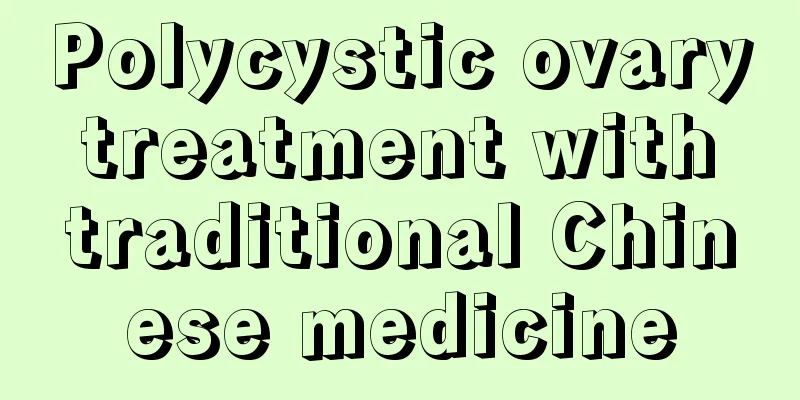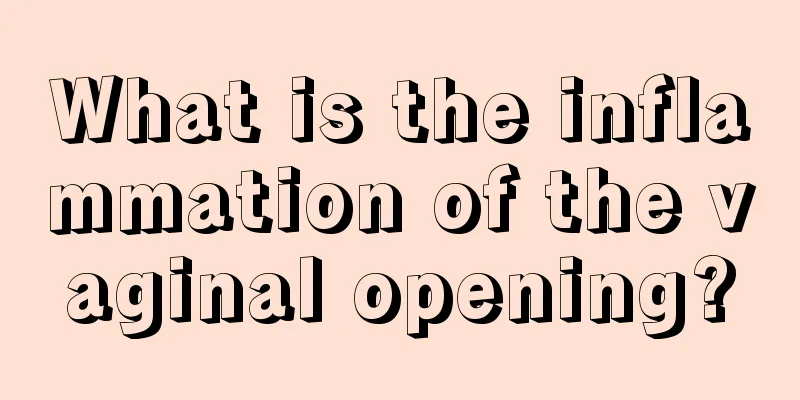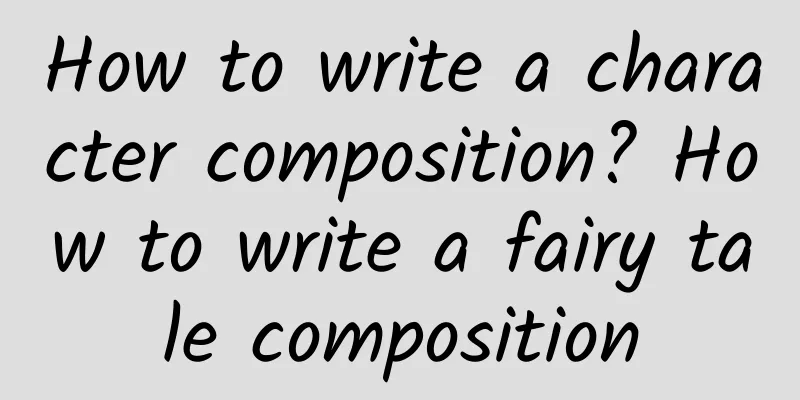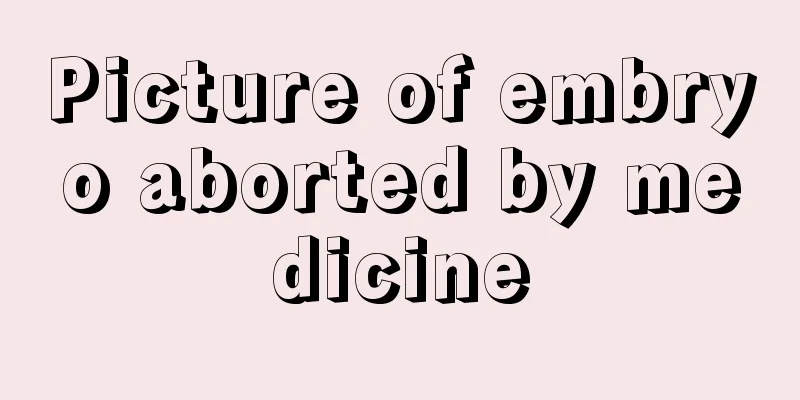Polycystic ovary treatment with traditional Chinese medicine

|
Polycystic ovary is a common disease. This kind of disease has a great impact on women's health. After suffering from such a disease, women should receive timely treatment, which will be very helpful for controlling their own diseases. The common treatment for polycystic ovary is Western medicine. This treatment method is simple, but severe patients also need to choose surgical treatment. What about the traditional Chinese medicine treatment method for polycystic ovary? Polycystic ovary treatment methods: Polycystic ovary syndrome is also known as PCOS. Traditional Chinese medicine believes that the pathogenesis of PCOS is kidney deficiency, phlegm congestion, blood stasis, liver depression, and yin deficiency. Kidney deficiency causes Chong meridian to be malnourished, resulting in late menstruation or even amenorrhea or infertility; phlegm coagulation or blood stasis obstructs the uterine vessels and makes Chong meridian blocked, resulting in irregular menstruation and infertility; liver depression transforms into fire or yin deficiency and internal heat damages Chong meridian, and Chong meridian disorder causes irregular menstruation or infertility. It involves dysfunction of the kidney, liver and spleen, and has pathological products such as phlegm, dampness and blood stasis, which cause disorder in the kidney-Tiangui-Chongren regulatory function. Among them, kidney deficiency is the key to the onset of the disease, and phlegm-dampness and blood stasis are its common pathological links. Several causes and pathogenesis are often intertwined and coexist at the same time, leading to the simultaneous appearance of multiple symptoms. 1. Weak kidney qi Congenital deficiency, weak endowment, insufficient kidney qi, failure to secrete the essence on time, or early marriage, excessive sexual intercourse which damages the kidney qi, resulting in scanty menstrual blood, weak Chong and Ren meridians, and blocked Ren meridian, leading to scanty menstruation, late menstruation, and even amenorrhea or infertility. 2. Blood stasis and internal resistance Emotional distress, liver qi stagnation, qi stagnation and blood stasis; or irregular menstruation, or residual blood after childbirth that has not been completely eliminated and remains as phlegm; or qi deficiency and insufficiency that is unable to promote the circulation of menstrual blood, dry and astringent blood vessels, and phlegm due to deficiency. Phlegm blocks the Chong and Ren meridians, and Qi and blood cannot flow to the uterus, resulting in amenorrhea. 3. Phlegm-dampness blockage Obesity or excessive consumption of rich and greasy food, or irregular eating habits can damage the spleen and stomach, weaken the spleen qi, malfunction the qi circulation, and prevent the essence from spreading throughout the body, which instead becomes phlegm and dampness that are retained in the body, blocking the Qi flow and affecting the smooth flow of the meridians, causing blockage of the Chong and Ren meridians, menstrual disorders, or delayed menstruation, amenorrhea, or the development of abdominal masses, and even infertility. 4. Liver Qi Stagnation Emotional distress or excessive anger, liver dysfunction, dysfunction of qi secretion, stagnation of qi, which turns into fire over time, disturbing the Chong and Ren meridians, restlessness in the blood sea, irregular menstruation, or difficulty conceiving Patients with polycystic ovary syndrome have sensitive meridians. Movement of qi will damage the mind, which will damage the liver and kidneys, disrupt qi and blood, and thus disrupt the internal environment and inhibit the functions of internal organs. These are the Traditional Chinese Medicine treatments for polycystic ovary. Choosing Traditional Chinese Medicine to treat polycystic ovary is also a good choice. In the process of improving the patient's disease, there are also some adjustments to various aspects of the patient's body. Therefore, such a treatment method is also a very good choice. However, the use of Chinese medicine for polycystic ovary should also be carried out in accordance with Traditional Chinese Medicine practices, which is conducive to the improvement of the disease. |
<<: Why can't polycystic ovary follicles grow?
Recommend
Picture of menstrual bleeding
Many women call their monthly menstrual period &q...
How to regulate Qi and blood deficiency after childbirth
It is very easy for women to suffer from deficien...
How to pack perfume into small bottles? Does perfume expire?
Perfume is one of the important cosmetics and is ...
Can I get pregnant the day before my safe period?
We all know that the safe period contraceptive me...
What is bleeding after sex?
Sexual intercourse has always been a way for men ...
What should I pay attention to when my waist and knees feel weak during ovulation?
1. During the ovulation period, women will feel e...
What can’t you eat after eating crabs? These foods are the most incompatible!
Autumn is the best season to eat crabs. Eating cr...
Dietary recommendations for improving immunity for the elderly and patients with chronic diseases
Dietary recommendations for improving immunity fo...
Can I soak my feet during menstruation? Can I soak my feet in hot water?
Women can soak their feet during menstruation. Th...
What color should beginners choose for eyeshadow?
Women are naturally more fond of beauty, and make...
Why do women have less pubic hair?
Pubic hair is a special part of women. The pubic ...
What are the symptoms of gonococcal urethritis in women
In today's society, many diseases plague wome...
What is the white frost on dried sweet potatoes? The nutritional value of dried sweet potatoes
According to research, dried sweet potatoes are n...
What skin care products are good to use after pregnancy
After a woman becomes pregnant, there are many th...
Is intermittent fasting good or bad for weight loss?
Cai Jiaqing, School of Basic Medical Sciences, Hu...









